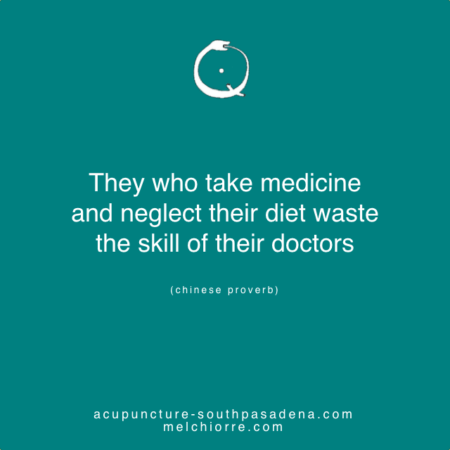
Who should consider a Whole Food Plant Based eating plan? Anyone with:
- high cholesterol
- high blood pressure
- pre-diabetes
- Type II Diabetes
- body weight issues
- a desire for more vitality
Here is information on whole food plant based eating from several different perspectives. I’m sure you’ll find something that resonates with you!
Not ready to go “all in”? Consider eating whole food plant based for 28 – 60 days and see how you feel.
“Eat food. Not too much. Mostly plants.”
– Michael Pollan
Base your diet on:
- Fruits: mangoes, bananas, grapes, strawberries, blueberries, oranges, cherries, etc.
- Vegetables: lettuce, collard greens, broccoli, cauliflower, kale, carrots, etc.
- Starchy vegetables: potatoes, yams, yucca, winter squash, corn, green peas, etc.
- Whole grains: millet, quinoa, barley, rice, whole wheat, oats, etc.
- Legumes: kidney beans, chickpeas, lentils, lima beans, cannellini beans, black beans, etc.
- Avoid animal-based foods – fish, meat, poultry, dairy and eggs.
- Eliminate or reduce added fat and oils.
Info resources:
- Dr. Michael Greger’s site is a non-commercial, science-based public service providing free updates on the latest in nutrition research via bite-sized videos. http://nutritionfacts.org/ (Sign up for their emails or check the site often)
- Dr. Rosane Oliveira’s blog has information on everything from nutrition and plant-based diets to exercise and stress management – http://ucdintegrativemedicine.com/ (Sign up for their emails or check the site often)
Here are starter plans to ease you into it:
- Dr. John McDougall’s https://www.drmcdougall.com/health/education/free-mcdougall-program
- Dr. Joel Fuhrman’s https://www.drfuhrman.com/get-started
- Dr. Neal Barnard’s http://pcrm.org/kickstartHome/
- One of my favorites >>> http://www.forksoverknives.com/what-to-eat/
To save or print out:
- Basic Guidelines for Healthy Eating: http://nutritionstudies.org/wp-content/uploads/2013/09/basicGuidelinesHealthyEating.pdf
- Kaiser Permanente Plant-Based Foods: http://kphealthyme.com/Healthy-Eating-Active-Living-Programs/Plant-based-Diet
Videos: